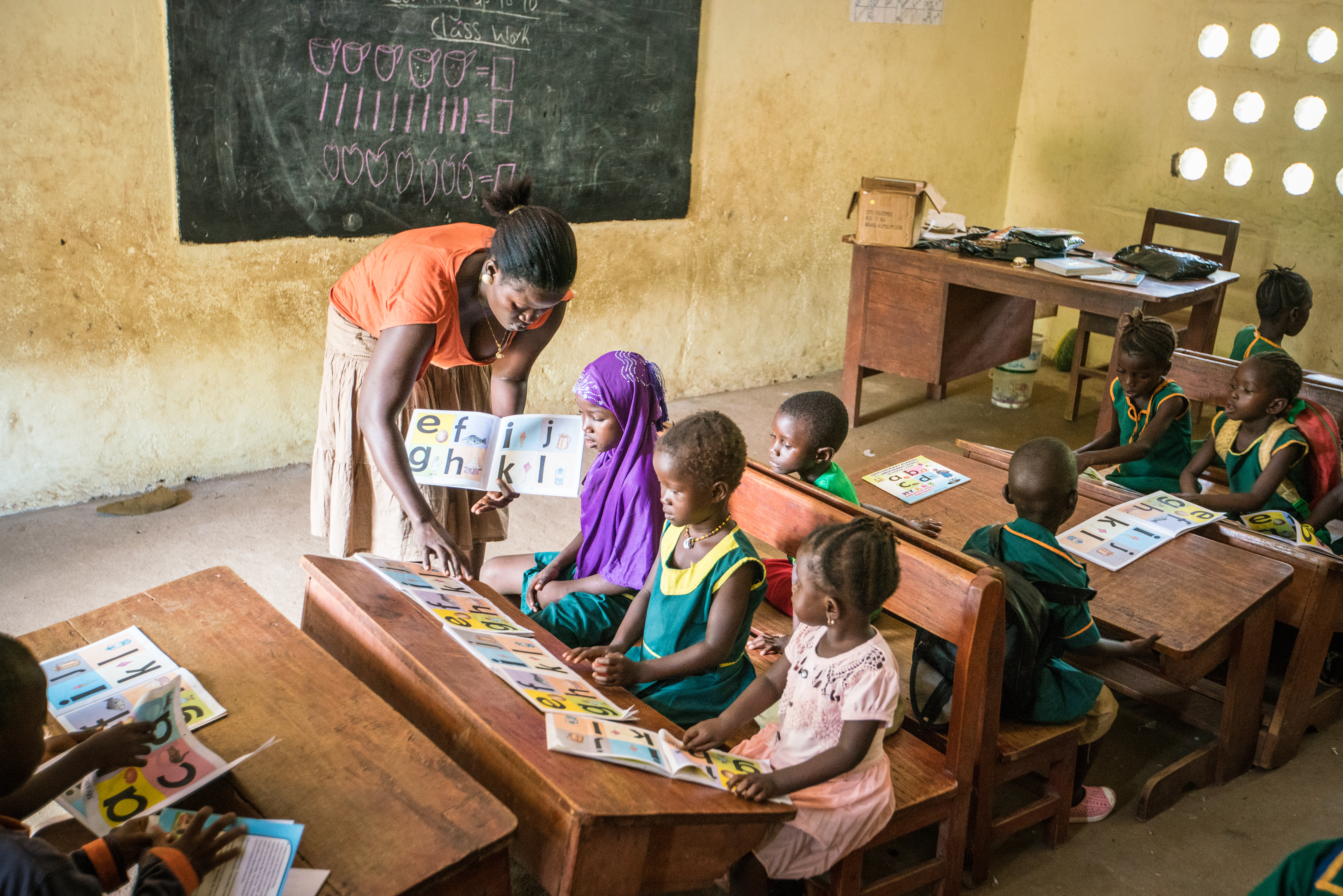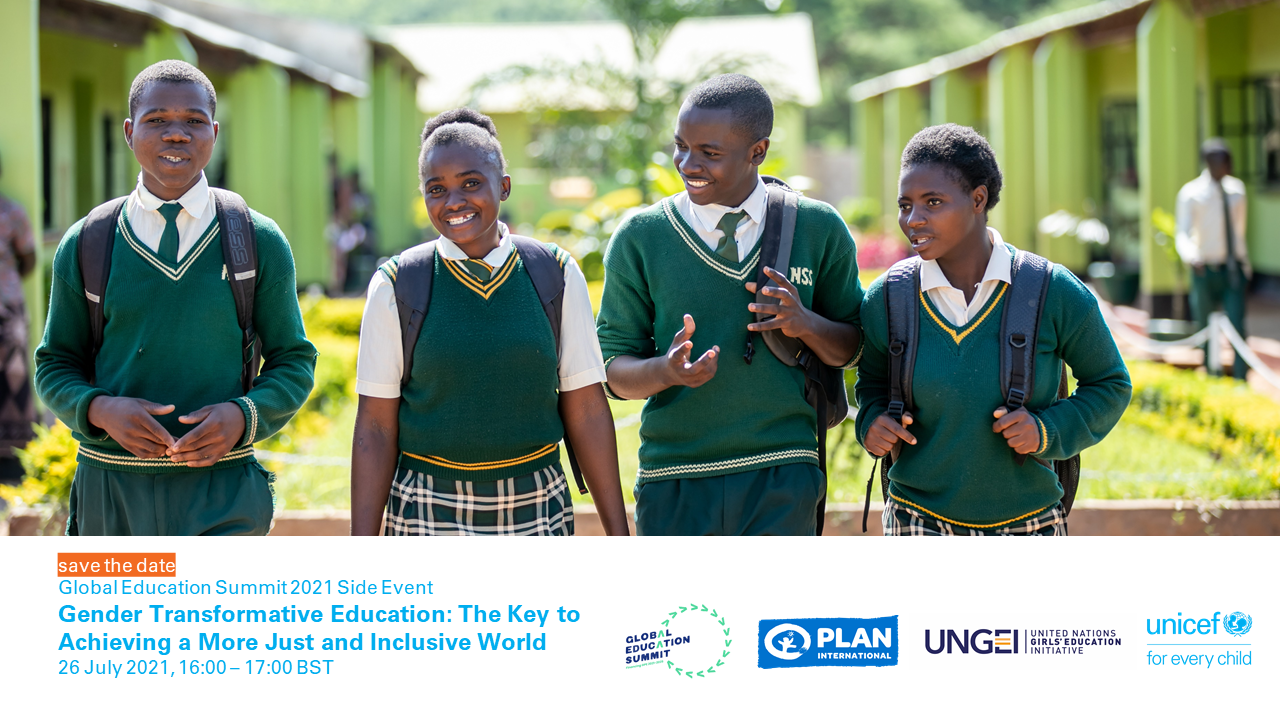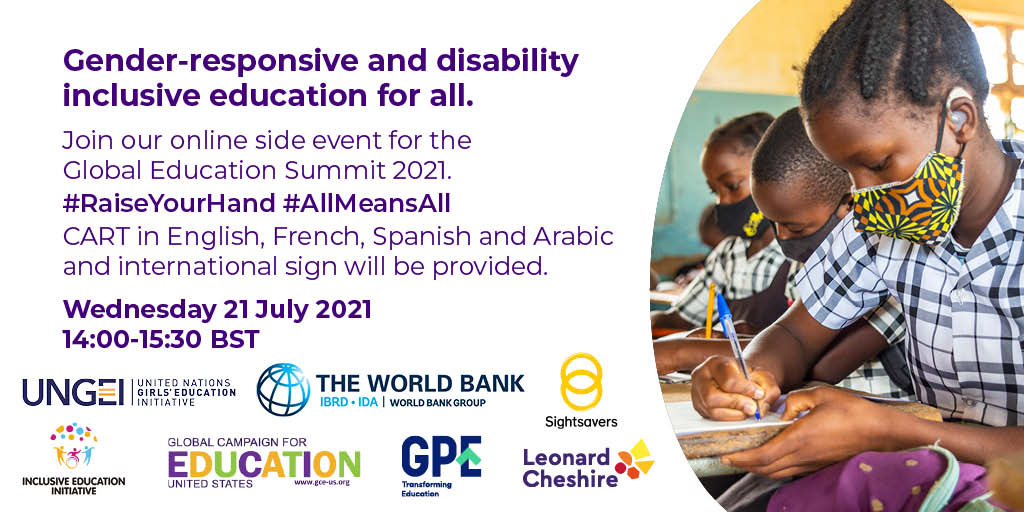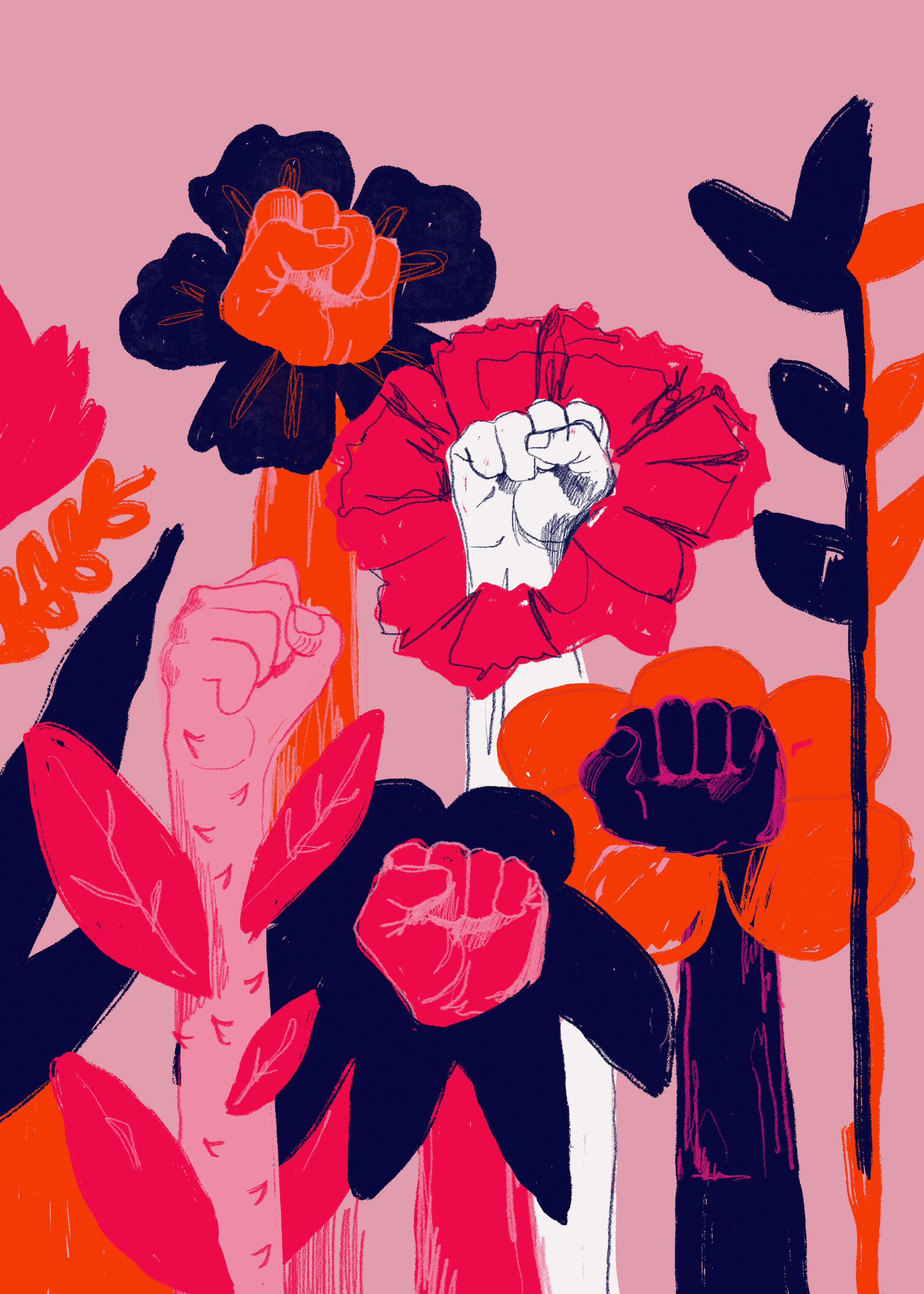The other children always mock her, sometimes seriously. They ask her to not sit by them, because they believe that they will also be afflicted by the same problem. When she gets home, she cries and doesn’t want to go back.
Tenneh*, mother of a girl with a disability.
During last week’s Global Action Week for Education (GAWE), the UN Girls’ Education Initiative (UNGEI) joined forces with Leonard Cheshire to launch a global advocacy project on inclusive education for girls with disabilities. This week, the G7 Foreign and Development Ministerial meeting got underway in London, with ministers working to agree on two new global girls’ education targets to get 40 million more girls into school and 20 million more girls reading by the age of 10 in low and lower middle income countries by 2026.This comes ahead of the Global Education Summit co-hosted by Kenya and the UK in July, which will raise funds for the Global Partnership for Education (GPE), and the Global Disability Summit in 2022.
As we look back on a year of unprecedented disruption to education due to the Covid-19 crisis, and girls’ education in particular, this political will is very welcome. However, large scale cuts to UK Aid spending sits at odds with these ambitious global objectives. We know that if we truly hope to reach the most marginalised girls, girls with disabilities must not be left behind. Yet the global education sector has been unable to break from working in silos - with gender-related and disability-related barriers to education too often being addressed separately. Where does this leave girls with disabilities?
I cannot walk well, and people laugh at me because of my physical problem.
Fatou*, female learner with a disability
In Sierra Leone, children with disabilities are often left behind and considered not worth educating. This is especially true for girls with disabilities, who face specific challenges and discrimination on the grounds of both disability and gender. Some girls with disabilities struggle to get to schools that are far from their homes, and face increased risk of violence if travelling there alone. At school, a lack of accessible toilets and hygiene assistance (including sanitary products) prevents girls from managing their menstrual hygiene with safety and dignity.
I would like a toilet for girls that I can use.
Adama*, female learner with a disability
Sightsavers works with schools across Sierra Leone to ensure girls and boys with disabilities can achieve a safe, quality education. Through this work, 45 schools in ten chiefdoms [1] in Bombali and Kerene districts have so far enrolled more than 800 children with disabilities – an achievement underpinned by the participatory approach of our inclusive education programmes. Sightsavers provided training for teachers and parents of children with disabilities to volunteer as community researchers, interviewing children with disabilities. Through these interviews, country teams have been able to identify the barriers preventing children, and girls in particular, from accessing inclusive, quality education, and take practical steps to address them [2].

© Michael Duff/Sightsavers. Persons in photos are not quoted in this blog.
In collaboration with partners, these steps include training teachers and physically adapting schools to make them more accessible. Sightsavers has also sought to change attitudes in the country by tackling harmful stereotypes and discrimination towards learners with disabilities. The Ol Pikin Fo Lan (All Children should Learn) project seeks to address the exclusion of children with special educational needs and disabilities from the education system in Sierra Leone. Experienced, qualified teachers were appointed as Inclusion Champions [3] at the school level to lead inclusion efforts and engage with the community to address stigma and discrimination. At the beginning of the programme, participants noted that learners with disabilities were sometimes actively discouraged from attending school. By the end of the programme, participants described learners being treated with more kindness, understanding and respect. It showed that, through a mixture of practical support and advocacy, girls with disabilities can look forward to a much brighter future.
Now our classmates mingle with us. They will play with us and we are glad because of that.
Lucee*, female learner with a disability
The impacts of the Covid-19 pandemic have disproportionately affected girls, and threaten to undermine years of progress made towards building gender-responsive and inclusive school systems. Education has been interrupted for many children, but this is especially true for girls with disabilities as many remote learning tools were simply not accessible to them during the pandemic. As schools are reopening, education budgets are likely to face cuts and constraints, with inclusive education – too often seen as an add-on programme rather than mainstreamed into the entire education system – bearing the brunt. In the context of foreign aid cuts and pandemic-related education budget squeezes, many girls with disabilities may never return to school and are at high risk of being left behind in future education planning.
We cannot achieve gender equality and disability justice without putting girls with disabilities at the heart of education strategies and plans, including specific budget allocations to ensure their right to a quality education is guaranteed. This year it is more important than ever for us to work together and call on G7 leaders, education donors, agencies and stakeholders to take an intersectional approach to education and leave no girl behind.
Join the campaign!
Watch the youth-led video calling for inclusive and gender-responsive education, Girls with disabilities have an equal right to education!
Share our video, We call on G7 Leaders to Leave No Girl Behind!
Read the UNGEI and Leonard Cheshire advocacy brief, Leave No Girl With Disabilities Behind: Ensuring efforts to advance gender equality in education are disability-inclusive.
Join Sightsavers’ Equal World campaign and take action to end disability discrimination.
Sightsavers’ Gender Synthesis Review: Measuring gender equality in Sightsavers’ programmes


